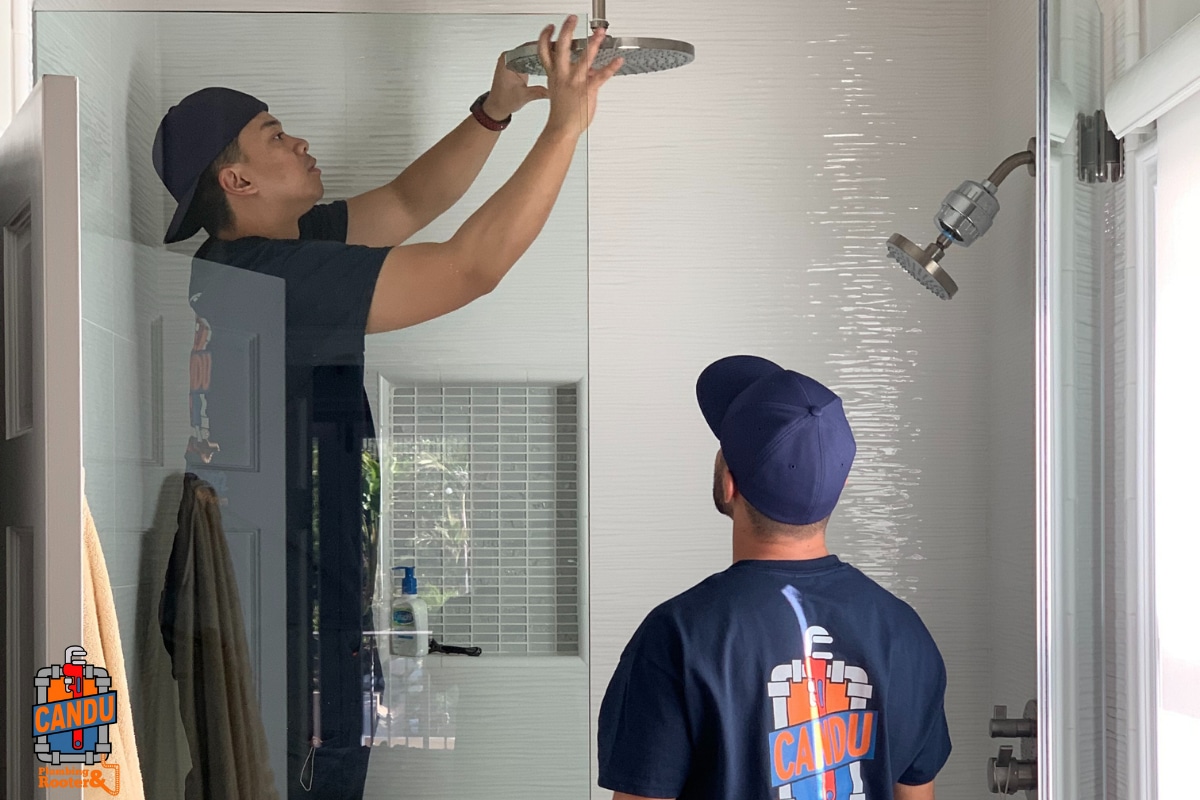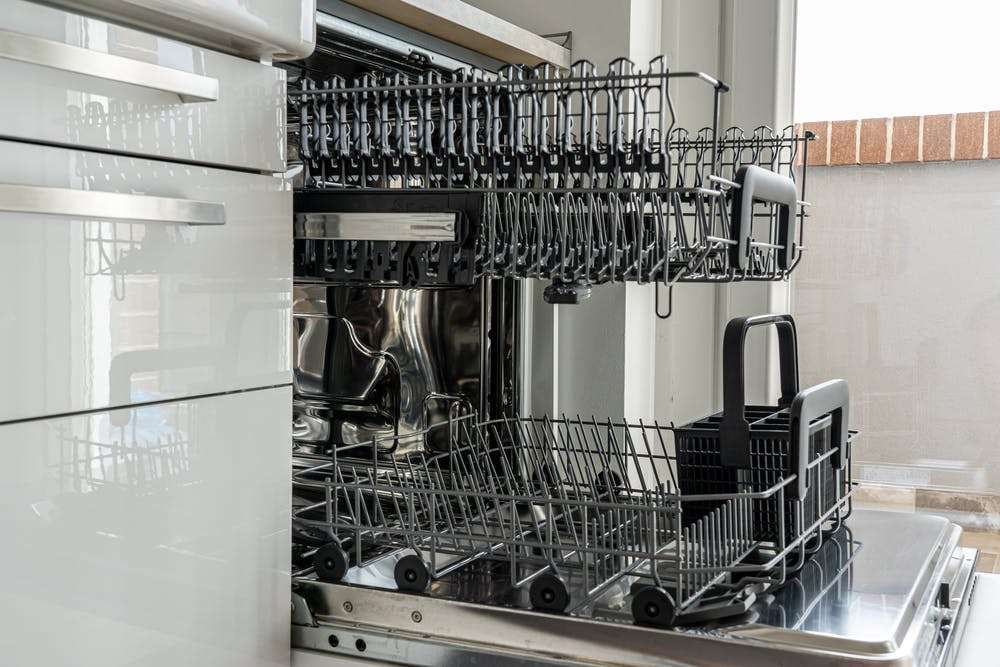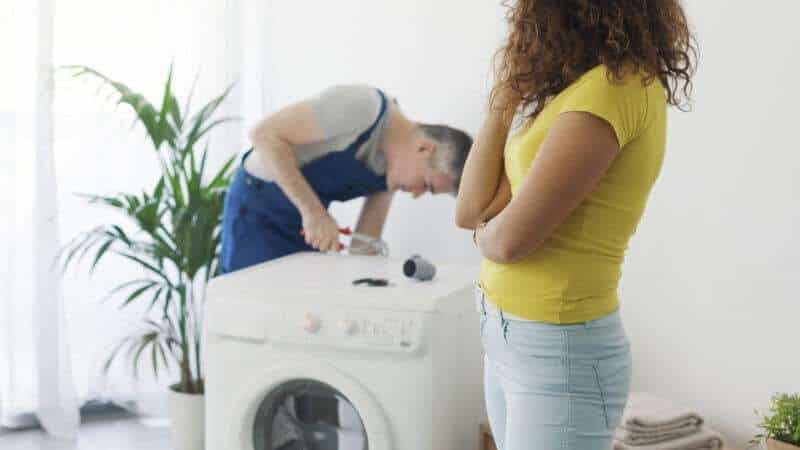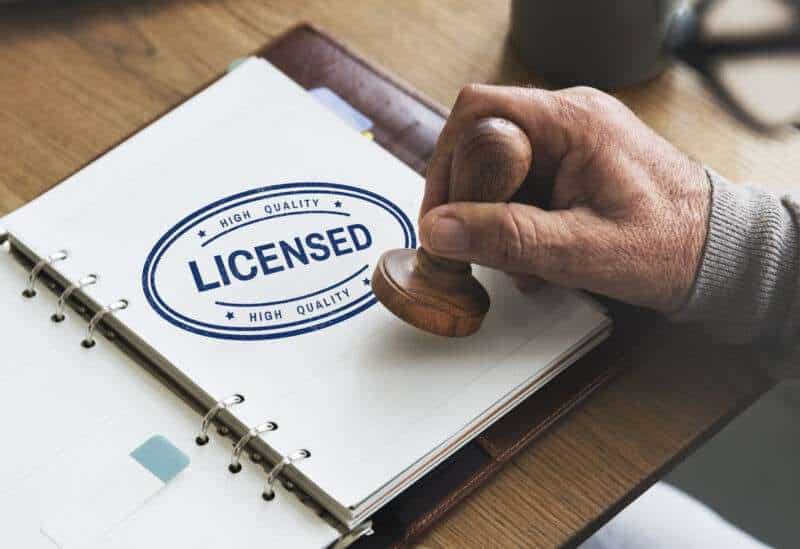There is a real connection between a home’s plumbing system and the electric bill that gets generated every month. You might be thinking, “I read that wrong. It should say water bill, not power.” However, you’d be surprised. This becomes even more true if you live in a place where the temperature changes with each season and time of the year. These variations in temperature may have you paying lower amounts for your bills in the warmer months.
If you have reached this blog post, it means that you refuse to accept high power bills as the norm and want to find ways to lower them. There are specific plumbing problems that may cause fluctuations in your electricity bill. This blog post will shed light on what these plumbing issues are and what you can do about them.
The Relationship Between Your Plumbing and Power Consumption
In order to understand how plumbing can affect your power bill, you need to understand how a home’s plumbing system works.
The home’s plumbing system consists of a water supply and a drain system. The water supply is located at the bottom of the home. It is the place where the water comes into the home. A water distribution system is located near the water supply. It delivers water at a uniform rate throughout the home.
The plumbing distribution system is located at the top of the home. When water from the water distribution system flows outside of the home, it is called a drain. The plumbing distribution system is located inside the walls. It is possible for you to see it inside your home, especially in the bathroom.
The plumbing system is very close to the electrical system in a home. The reason for this is because the water pump, which runs on electricity, is located in the basement. The electricity is used up if the water is running through the pump and to keep the pump running. This can cause your electricity bill to increase.
Issues that Cause an Increase in Your Plumbing Bill
1 – Hot Water Leaks
This is one of the most common causes of higher electricity bills. If your hot water is not shut off when it is not in use, you will lose water, energy, and money. High amounts of energy are used up when hot water is running to make sure that the water is heated to the right temperature. This is what you will be paying for.
The solution to this problem is to turn off the water when you are not using it. This may be difficult for people to do, especially people that have children. The best way to deal with this is to have a timer installed on your water system. When you are not using hot water for a period of time, the system will shut off, acting as if no one is in the home. You can learn more about timers by reading what our customers have to say about them here.
2 – Water Not Hot Enough
This problem is related to the one above. If your water does not get hot enough, it will waste energy. If you need to, you can increase the temperature by lowering the water pressure.
If you find that your water is too hot, check the temperature of the hot water heater. If you find that it is too high, you can lower it a degree or two. You can also read this blog post to help you lower the temperature of your hot water if you would like to.
3 – Insufficient Ventilation
Whatever you do, do not install a ceiling fan in the bathroom or kitchen. The venting should be made in such a way that the fan produces air movement.
If your home’s ventilation is not working correctly, you will be paying more energy. It will also cause issues with mold and other problems that will cost you more money in the long run.
4 – Your Plumbing System
Your plumbing system can cause problems with both water and electricity bills. When your plumbing system has problems, it multiplies the amount of work you will have to do to repair it. This can be very expensive. It is best to avoid plumbing problems in the first place to save yourself from suffering from an extensive bill at the end of the month.
5 – Poor Water Pressure
If you have a well and use a water pump, your pressure should be around 55 psi. If you have a pump that is too small, it will take more time to get the water up. If the pressure is too low, it will waste energy and cause problems with your plumbing system.
6 – Improper Plumbing Venting
Proper venting is necessary for the proper flow of a home’s plumbing system. If a home’s plumbing does not have proper venting, the water will not drain properly, and the entire system will become backed up.
Plumbing Tips to Lower Your Power Bill
The first thing you should do is to find out if you are paying for house leaks or appliance leaks. This will help you to determine the root of the problem. If you are having issues with the plumbing, you should address it by using the following tips:
1 – Do not let your water run while you are brushing your teeth or shaving
2 – Use these three ways to check for leakage in your home’s plumbing
3 – Familiarize yourself with these plumbing terms so you can understand home plumbing issues.
4 – Work with a professional plumber to help you with any issues that you might have with your plumbing.
5 – Get an energy-efficient dishwasher to help you with the energy bills.
6 – Get a laundry water heater to help you with your laundry needs.
7 – Get a pressure shower head to help you save energy.
If you follow these tips, you will reduce your power bill. It is also important for you to keep your plumbing system in good shape. This will help you to save energy and money in the future.
Conclusion
Even if it might not cross your mind every day, there is a correlation between the quality of your plumbing system, how you use your water, and the electric bill you receive every month. You need to exhaust all means to lower your energy usage. What is the point of spending time worrying about your electric bill when you can help reduce it? Working with a reliable plumber in Oak Park will help you fix any plumbing issues and avoid excessive electric bills in the future.
If you are facing problems with rising electricity costs, contact Candu Plumbing and Rooter today. We will be happy to help you find solutions and lower your electric bills!





